The new moves are Tehran’s most serious breach so far of the Joint Comprehensive Plan of Action, the 2015 deal to curb its nuclear activi- ties in return for the lifting of eco- nomic sanctions.
Iran is now refusing to comply with an additional protocol to the JCPOA, under which it agreed to allow unannounced snap inspec-tions by the International Atomic Energy Agency. “We . deeply regret that Iran has started, as of today, to suspend the additional protocol and the transparency measures under the JCPOA,” the foreign ministers of France, Germany and Britain said.
“We urge Iran to stop and reverse all measures that reduce transpar- ency and to ensure full and timely cooperation with the IAEA.” US President Joe Biden, European powers and Iran all want to revive the JCPOA, which fell apart in 2018 when Donald Trump pulled the US out and began reimposing sanc- tions, and Iran began breaching its obligations under the deal.
Howev- er, Washington and Tehran each insist that the other must be the first to resume compliance with the JCPOA. In Iran, the first splits in the re- gime’s policy emerged on Tuesday.
Under a law passed by the hard-line parliament, all cooperation with the IAEA should cease, but officials reachedan agreement with the agen- cy this week to continue monitoring and verification, and to retain nucle- ar research data for three months.
What is the Iran nuclear deal?
The deal was signed in 2015 by Iran and China, France, Germany, Russia, the UK and the US. Under the deal, Tehran agreed to curb its nuclear activity in return for the lifting of sanctions.
Although the agreement allowed Iran to accumulate small amounts of uranium for research, it banned the enrichment of uranium, which is used to make reactor fuel but also, potentially, nuclear weapons.
Iran was also required to redesign a heavy-water reactor being built, whose spent fuel would contain plutonium suitable for a bomb, and to allow international inspections.
The agreement was hailed as a landmark – but in May 2018, President Donald Trump abandoned the deal, which he criticised as flawed, and reinstated US sanctions.
That same month, the US tightened its sanctions against Iran and said it would attempt to force all countries to stop buying Iranian oil and put pressure on Iran to negotiate a new nuclear accord.
Since sanctions were tightened, Iran has been steadily breaking some of its commitments to pressure the remaining signatories to find a way to provide sanctions relief.
In January 2020, European powers triggered a formal dispute mechanism over Iran’s breached of the deal – a move that could spell its end.

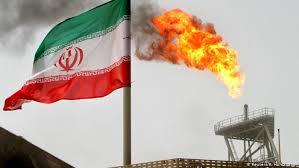








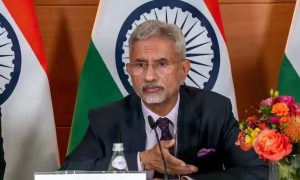

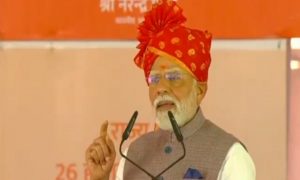





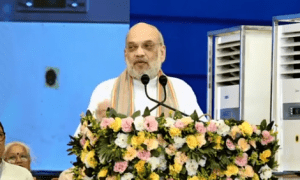

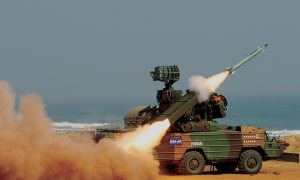

 WhatsApp us
WhatsApp us